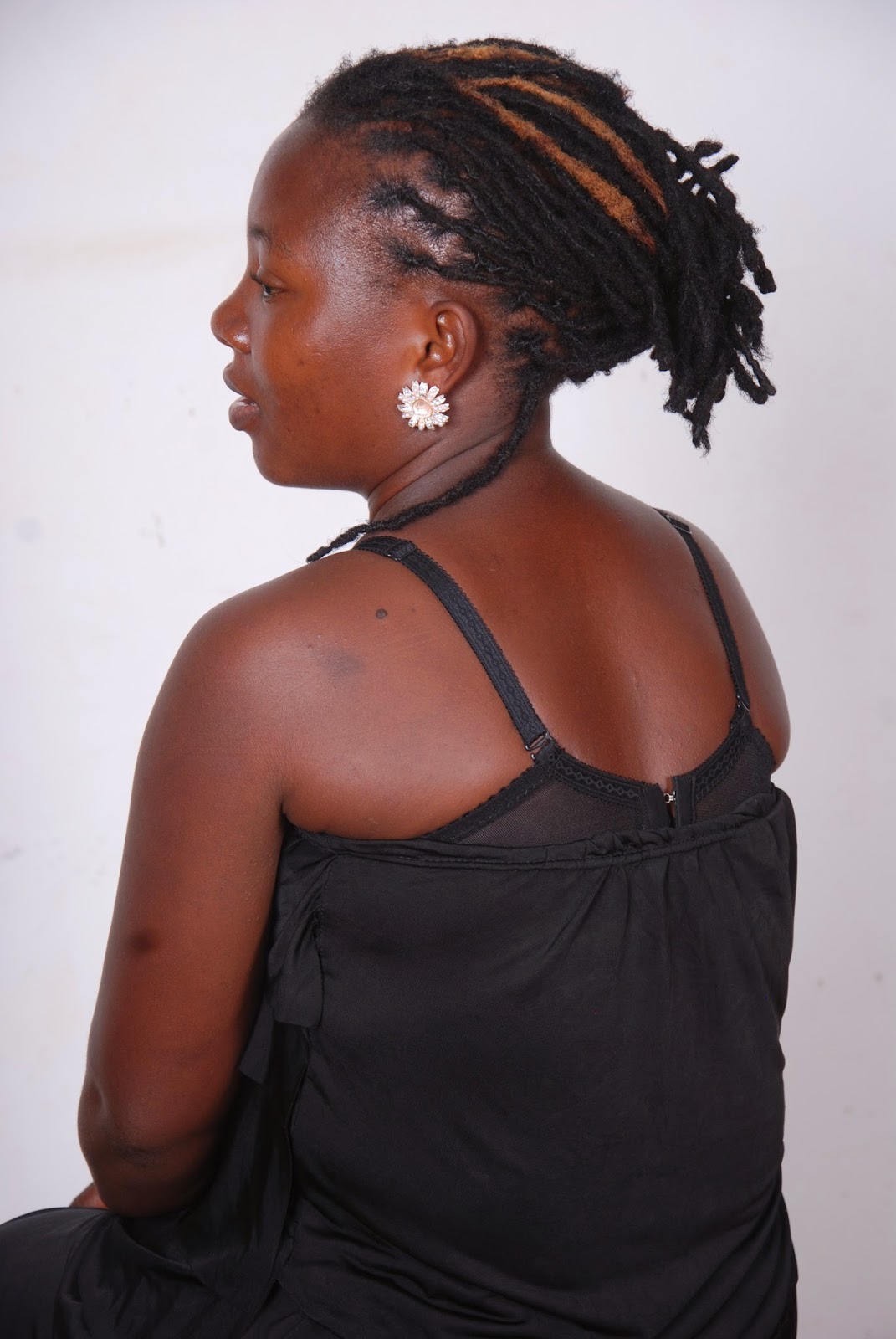Administering Justice: Judiciary must Practice Transparency to Win back Public Trust
By Isaac K. Ssemakadde
PEARL NEWS SERVICE
The controversy surrounding the announcement of Justice Steven
Kavuma’s appointment as Deputy Chief Justice of Uganda (DCJ) by President
Yoweri Kaguta Museveni has spotlighted once again the opaque and archaic manner
in which the Judicial Service Commission (JSC) conducts its affairs.
Up to now, the public cannot tell with certainty whether or not Justice
Kavuma duly applied for, was interviewed or even recommended by the JSC for the
post of DCJ in line with Article 147(1)(a) of the Constitution.
According to the lead story in The
Observer of 16 March, all members and officers of the JSC who were
contacted by the reporter to find out whether the beleaguered judge was legitimately
selected for the DCJ post were either “not in the know” or unwilling to divulge
any information regarding the same.
Hon. Peter Nyombi, a former member of the JSC during his short and
shaky stint as Attorney General, simply replied “No comment”. The JSC Secretary
Kagole Kivumbi referred the reporter to the JSC Chairman, Justice James Ogoola,
who in turn allegedly pleaded inability to talk about the matter.
Involving the public in the process of searching and selecting judicial
officers does not appear high on the agenda of the JSC. This is a blatant
violation of the Constitution which requires the State to be run on democratic
principles, and calls for the active involvement and participation of all
citizens in national affairs.
Why shouldn’t the public be fully, promptly and proactively informed
about the activities of the JSC? Is the release of such information likely to
prejudice the security or sovereignty of the State or interfere with the right
to privacy of prospective or current judicial officers?
Given that publicity is essential to the business of administering
justice in the name of the people, there is something fundamentally wrong with
the mysterious way in which the JSC handles the search and selection processes preceding
the appointment of judicial officers.
Ugandan citizens have unacceptably too little knowledge about the experience,
political ideology, party and personal loyalties, ethnicity, gender and
idiosyncrasies of the select few who are privileged to sit in judgment over
them on a daily basis. Little wonder that they are strongly dissatisfied with
the judiciary according to notable service delivery surveys.
The Ogoola-led JSC should borrow a leaf, if not an entire branch
from Kenya, where massive publicity is given to the recruitment and vetting
processes so that by the time a judicial vacancy is filled, the public is ready
and willing to back both the chosen judicial officer and the judiciary as a
whole in the performance of their constitutional duty as the supreme guardians
of the law.
In the United States of America, where citizens enjoy a full-blown
democracy, the process of filling judicial vacancies has traditionally been
done in full public view. Some states even hold “retention elections” where
people decide whether a given judge should remain or not.
Back home things are in a perilous state. In recent times, the
media was awash with the riveting story of a judge who left mourners at the
burial of her late husband in no doubt that the JSC had been arm-twisted into
recommending her for judicial office as kitu
kidogo (groceries for the family) by the president who had had pity on her following
the unfortunate accident which not only incapacitated her husband but also
caused her and her family financial embarrassment.
In yet another Nollywood episode, the country was scandalized when
Uganda Law Society resolved that none of its members would appear before Justice
Anup Singh Choudry because he had allegedly disgraced the legal profession in
England where he had previously practiced as a solicitor.
Last year, the JSC was embarrassed when Justices: Augustine
Nshimye and Steven Kavuma of the Court of Appeal, were asked to excuse
themselves from a case involving the NRM party and some “rebel” MPs. Reason was
that official records indicated that they both signed the NRM Constitution as
founder cadre members and had never formally resigned from the party.
All these incidents raise thorny questions not only about the
competence and independence of the JSC but also the diligence of inquiries conducted
by the JSC on behalf of the people of Uganda while vetting candidates for
judicial office.
Isaac Kimaze Ssemakadde is an
Advocate of the High Court of Uganda and CEO Legal Brains Trust, a Kampala-based
human rights watchdog. - Editor


